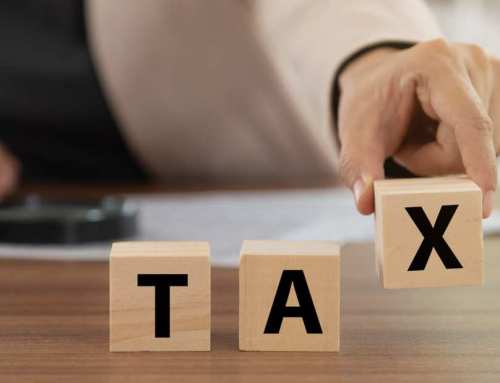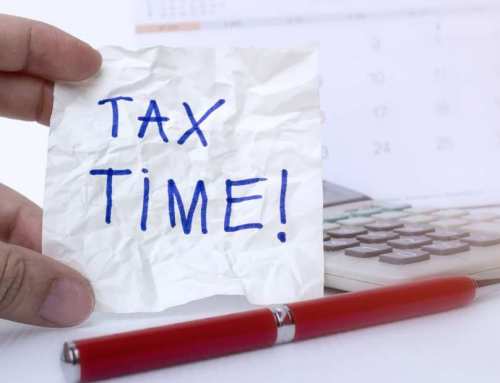Below is a summary of the key Budget measures announces in last nights Federal Budget. Please dont hesitate to contact us if you any questions, or would like to know how the measures may affect you.
PERSONAL TAXATION
Budget Repair Levy – 2% from 1 July 2014 on income over $180,000
The Treasurer announced the introduction of a Budget Repair Levy, which will apply for three years from 1 July 2014. This temporary levy will apply at 2% for income over $180,000 (only levied on the excess)
When taking into account this new levy and the Medicare levy which is increasing from 1.5% to 2%, the top marginal tax rate will be 49% from 1 July 2014 to 30 June 2017.
Several tax offsets to be abolished
The Treasurer announced that the following tax offsets will be abolished from 1 July 2014:
- nearly all of the dependant tax offsets, including the dependent spouse tax offset, for all taxpayers; and
- the mature age worker tax offset, which will effectively be replaced by new incentives to employ older works (see Other Changes).
BUSINESS TAXATION
FBT tax rate impacted by deficit levy
The Treasurer said that in order to prevent high income earners from utilising fringe benefits to avoid the levy, the FBT rate will be increased from 47% to 49% from 1 April 2015 until 31 March 2017. The cash value of benefits received by employees of public benevolent institutions and health promotion charities, public and not-for-profit hospitals, public ambulance services and certain other tax-exempt entities will be protected by increasing the annual FBT caps. In addition, the fringe benefits rebate rate will be aligned with the FBT rate from 1 April 2015.
Reduction in R&D offset rates
The rates of the refundable and non-refundable research and development (R&D) tax offsets will be reduced by 1.5 percentage points with effect from 1 July 2014. This means that the refundable offset will be reduced to 43.5% and the non-refundable offset will be reduced to 38.5%.
SUPERANNUATION
Option to withdraw excess non-concessional contributions
The government will give individuals the option of withdrawing excess non-concessional contributions made from 1 July 2013 and any associated earnings, with those earnings to be taxed at the individual’s marginal tax rate.
Currently, superannuation contributions that exceed the non-concessional contributions cap are taxed at 46.5%. The proposed new measure will bring the tax treatment of excess non-concessional contributions in line with that for excess concessional contributions, for which taxpayers already have a withdrawal option.
Superannuation guarantee rate will rise to 9.5% on 1 July 2014
Instead of pausing the superannuation guarantee rate at 9.25% (as previously announced), the government will now allow the rate to rise to 9.5% on 1 July 2014 and will leave it at this level until 30 June 2018. As such, employers are required to increase their superannuation contributions on behalf of employees to 9.5% of ordinary time earnings from 1 July 2014.
The percentage will then increase by 0.5% each year until it reaches 12% from 2022–2023, a year later than previously proposed.
WELFARE/PENSION MEASURES
Age Pension age to increase to 70 by 2035
The Treasurer confirmed his earlier announcement that the government will raise the eligibility age for the Age Pension to 70 years by 2035.
From 1 July 2025, the qualifying age will continue to rise by six months every two years from the qualifying age of 67 years (which will apply by that time) to gradually reach a qualifying age of 70 years by 1 July 2035. Individuals born before 1 July 1958 will not be affected by this measure.
Family Tax Benefit changes: two-year freeze on rates and other changes
The government will freeze the current Family Tax Benefit (FTB) payment rates for two years from 1 July 2014. Under this measure, indexation of the maximum and base rates of FTB Part A and the rate of FTB Part B will be paused until 1 July 2016.
The Treasurer also announced other changes to FTB, including a reduction in the FTB Part B primary earner income limit from $150,000 per annum to $100,000 per annum, with effect from 1 July 2015.
Freeze on eligibility thresholds for Australian Government payments
The government will freeze the eligibility thresholds for Australian Government payments for three years. This will apply to:
- non-pension payments (Family Tax Benefit, Child Care Benefit, Child Care Rebate, Newstart Allowance, Parenting Payments and Youth Allowance) for three years from 1 July 2014; and
- pension and related payments (Age Pension, Carer Payment, Disability Support Pension and the Veterans’ Service Pension) from 1 July 2017.
OTHER CHANGES
New assistance for small businesses
The government will establish:
- the “Small Business and Family Enterprise Ombudsman” to act as a one-stop shop and a single entry point as a means for small businesses to find out about government services and programs; and
- a unit in the Department of Finance to provide specialist advice on contracts and to ensure small businesses are not disadvantaged as part of Commonwealth departments’ tendering and procurement processes.
New incentive for employers to hire Australians aged 50 years or over
The Treasurer has announced that employers will be able to receive up to $10,000 in government assistance if they hire a job-seeker aged 50 years or over. This program will replace the Seniors Employment Incentive Payment.
Under the program, eligible employers will receive an initial $3,000 if they hire a full-time mature-age job seeker who was previously unemployed for six months and they employ that person for at least six months. The employer will then be eligible to receive further payments as the employee meets certain further service periods.
Fuel excise to rise (except for aviation fuels) – indexation to be re-established
The government will secure funding for additional road infrastructure projects by re-introducing biannual indexation by the CPI of excise and excise-equivalent customs duty for all fuels except aviation fuels. This will commence from 1 August 2014.
The diesel fuel rebate is unchanged, meaning it will continue to apply to excise, including the excise increase.









